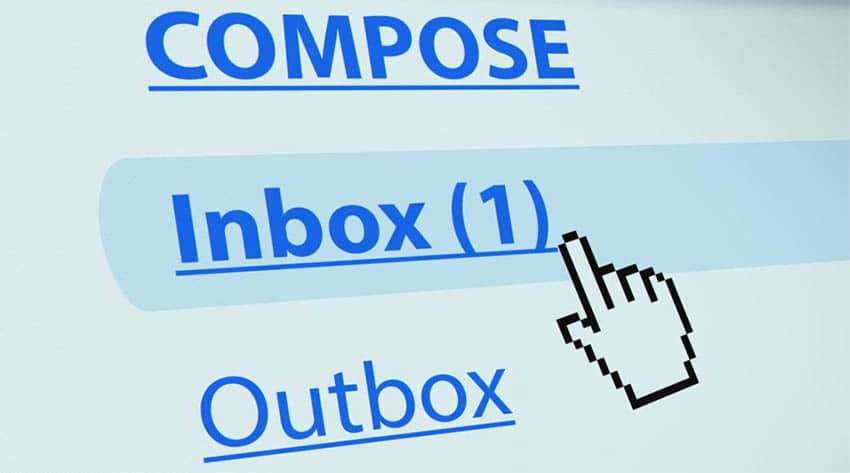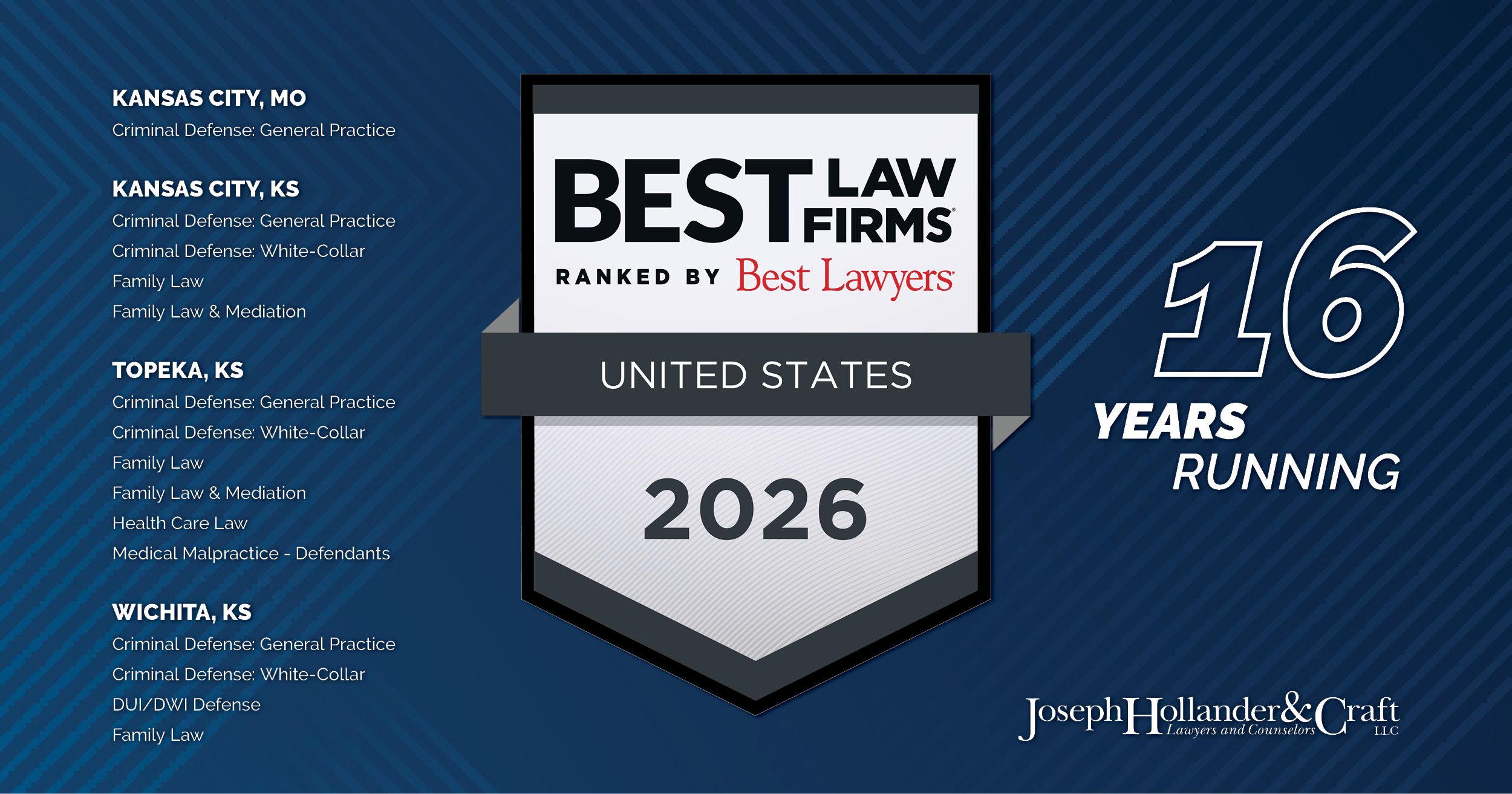On February 6, 2017, the United States House of Representatives unanimously passed the Email Privacy Act (H.R. 387). According to the Electronic Frontier Foundation, one of several advocacy groups that pushed for this legislation, “H.R. 387 would codify the Sixth Circuit’s ruling in U.S. v. Warshak, which held that the Fourth Amendment demands that the government first obtain a warrant based on probable cause before accessing emails stored with cloud service providers.” Current law (the Electronic Communications Privacy Act, enacted in 1986) does not always require a warrant and permits law enforcement and other executive agencies to obtain electronic communications through the issuance of an administrative subpoena. These subpoenas are not reviewed by judges for probable cause.
Despite unanimous support for the bill in the House, its fate in the Senate is anything but certain. The House also passed the bill last year, during the 114th Congress, but it stalled in Senate after senators attempted to attach various “poison pill” amendments–particularly one offered by Senator Cornyn (R-Texas), which would have increased the FBI’s surveillance power.
Criminal defense practitioners are particularly vigilant of the bill’s progress. When law enforcement officers obtain evidence in violation of Fourth Amendment rights, that evidence and all of its “fruits” are subject to exclusion via a motion to suppress. Although defense attorneys have long argued to the courts that greater Fourth Amendment protections are necessary for electronic data and communications, codification of such protections will facilitate more suppression arguments.
No matter your charge, you need an experienced criminal defense attorney to examine and challenge the evidence against you and how it was obtained. Whether you’re in Wichita, Topeka, Lawrence, or the Kansas City area, Joseph, Hollander & Craft’s criminal defense team has the knowledge and experience you need.













